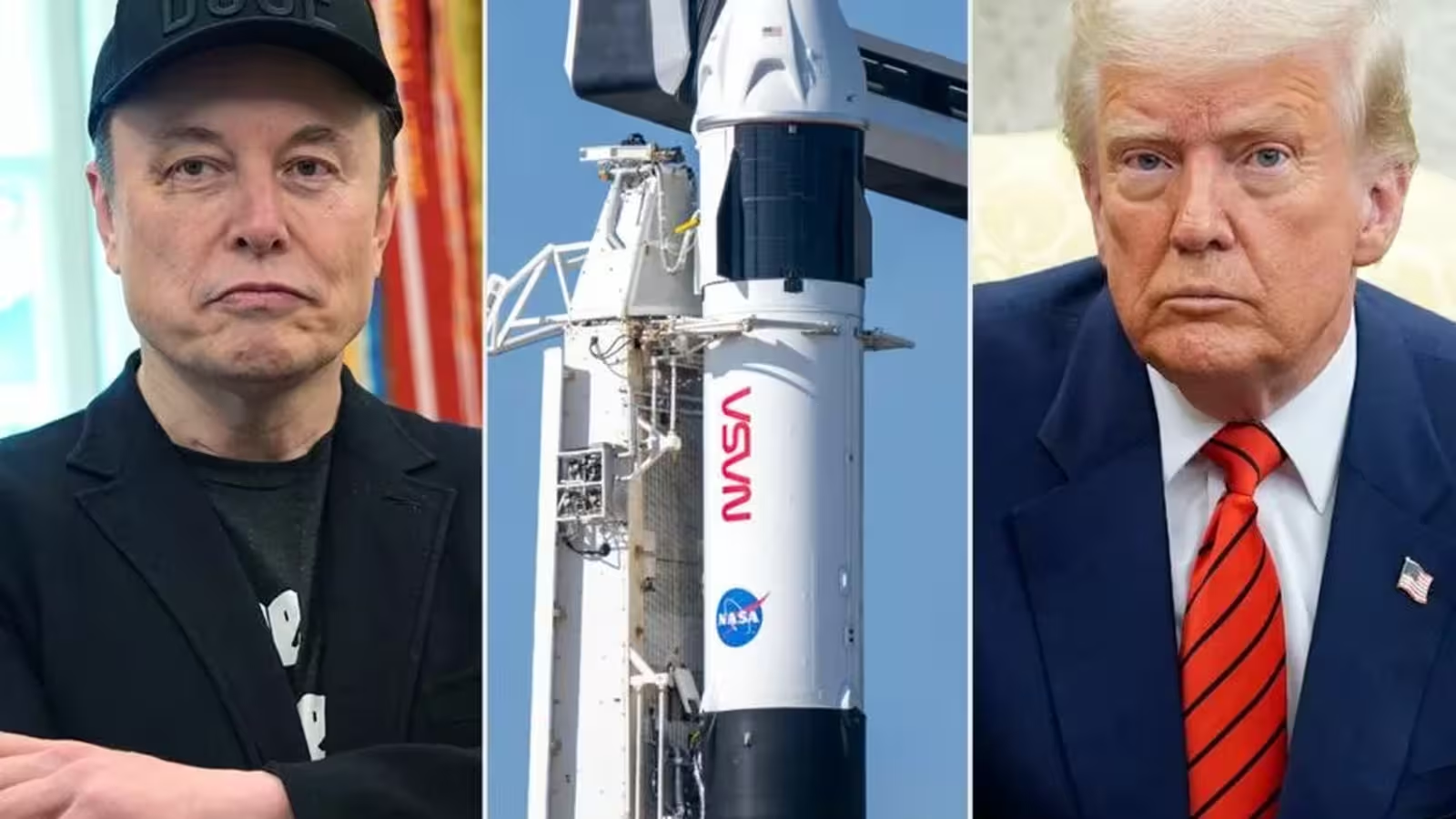3 Minutes
Rising Tensions Spur Urgent Search for Space Launch Partners
Recent political friction between former President Donald Trump and SpaceX CEO Elon Musk has ignited significant uncertainty over the future of U.S. space missions. Following Trump's threat to terminate government contracts with SpaceX and Musk's controversial response indicating a possible halt to the Dragon spacecraft program, key federal agencies—including NASA and the Pentagon—are rapidly exploring potential alternatives to SpaceX for both space exploration and national security operations.
Contact with Leading SpaceX Rivals
According to The Washington Post, officials at NASA and the U.S. Department of Defense have accelerated communications with rival aerospace firms. In the wake of the Musk-Trump dispute, at least three private space companies have been approached: Rocket Lab, Stoke Space, and Jeff Bezos' Blue Origin. Additionally, Sierra Space has expressed readiness to support the International Space Station (ISS) missions with its state-of-the-art Dream Chaser spacecraft if required.
Potential Alternatives: Key Players in the Space Industry
- Blue Origin: Founded by Amazon's Jeff Bezos, Blue Origin is developing the powerful New Glenn rocket, designed for heavy payload deliveries and deep space missions.
- Rocket Lab: Known for its responsive and cost-effective Electron and upcoming Neutron rockets, Rocket Lab is pushing the boundaries for orbital launches.
- Stoke Space: A newer entrant focusing on rapid-reusability technologies for launch systems.
- Sierra Space: With its Dream Chaser spaceplane, Sierra Space offers both cargo and crew support for ongoing ISS operations.
SpaceX's Dominance and Market Challenges
For years, NASA and the Pentagon have relied heavily on SpaceX's Falcon 9 rockets and Dragon capsules for critical missions, from ISS resupply to high-priority National Security launches. This dependency has underscored the technology gap competitors must overcome.
Comparing Rocket Technologies
- Falcon 9 (SpaceX): Renowned for its reusability, reliability, and cost-efficiency; central to U.S. launch capability.
- Vulcan (ULA): The upcoming Vulcan rocket is designed to carry out sensitive defense and exploration missions but is yet to fully demonstrate operational readiness.
- Neutron (Rocket Lab): A next-generation medium-lift rocket tailored for rapid deployment but still pending full certification for high-stakes government contracts.
- New Glenn (Blue Origin): Focused on heavy-lift missions with advanced reusability features; not yet active in essential government missions.
Industry Impact and National Security Concerns
The recent standoff has sparked apprehension among U.S. leadership about SpaceX's outsized influence in both civilian and military space sectors. Musk’s reaction, although later rescinded, raised alarm over the potential vulnerability in U.S. space infrastructure, given SpaceX's role at the core of projects like Trump’s proposed 'Space-based Missile Defense Shield.'
Advantages and Market Implications
Diversifying launch providers enhances mission security, reduces risk, and stimulates innovation across the commercial spaceflight sector. However, rivals must demonstrate proven reliability and timely execution for critical missions, benchmarks currently dominated by SpaceX.
Use Cases and Future Outlook
Emergent technologies and new launch vehicles from companies like Blue Origin and Rocket Lab could soon offer credible alternatives for crewed, cargo, and defense-related orbital missions. Industry insiders emphasize that fostering a competitive and redundant launch ecosystem is vital for the nation’s space ambitions and security moving forward.
Source: washingtonpost



Comments